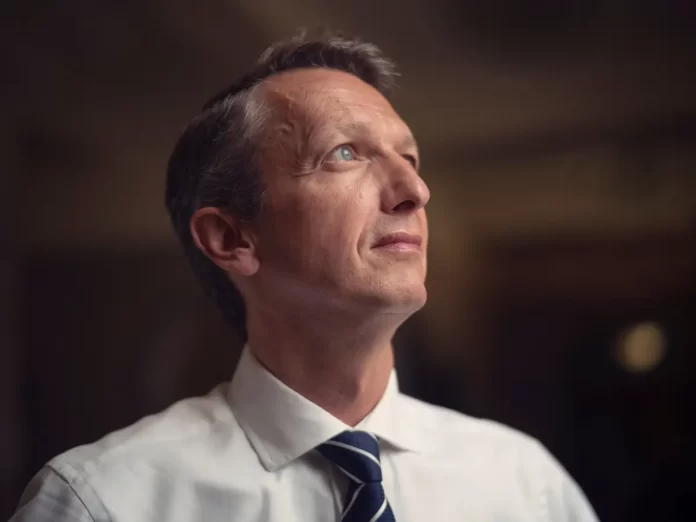Despite the fact that inflation has decreased, the price increase until July of this year is 6.8%, which remains a high indicator, Sky News informs.
Andy Haldane, former chief economist, said that the Bank was printing money “longer than it needed to” in order to save the economy from the consequences of Covid. He also added that for an unknown reason, the bank delayed the decision to raise interest rates.
Further, Mr. Haldane condemned the under-investment in infrastructure such as hospitals and schools, which led to a concrete classroom crisis this week.
Now Mr. Haldane is the head of the Royal Society of Arts. He commented on the situation during an interview for Politics Hub with Sophy Ridge. When asked about inflation, the former chief economist accused the bank of printing money longer than necessary.
“That was needed, I think, at the time of COVID to protect jobs and to protect households and to protect businesses. But did we persist with that a little longer than we needed to? And did they step on the brakes a little too late – and therefore a little harder now than they needed to? I think that is probably where we find ourselves, regrettably.”
The Monetary Policy Committee raised interest rates for the 14th time in a row last month to 5.25%, which may result in recession if rates remain high. However, even despite the recent upward revision of the UK’s economic growth indicators, Mr. Haldane claims that the economy hasn’t changed in the last 18 months.
“That is to say, we have been stuck. Growth is absent. That means it would take only the tiniest of tilt for us to enter recessionary territory.”
When asked about a possible recession, he answered as follows:
“I’d say it’s an evens bet as things stand.”
The main reason for the failures in the economy, he called, the wrong direction of investment, leading to problems with infrastructure, such as “crumbling” schools, congested highways and railways.
The Bank of England is determined to reduce the inflation rate, and Chancellor Jeremy Hunt stated it will be halved by the end of the year. The current chief economist, Huw Pill, shares the Bank’s determination.
“The key element is that we, on the Monetary Policy Committee, need to see the job through and ensure a lasting and sustainable return of inflation to the 2% target. I think we should be cautious and patient and let the restrictive policy continue to influence the economy, lest we risk tightening too much and inflicting unnecessary economic pain.”
